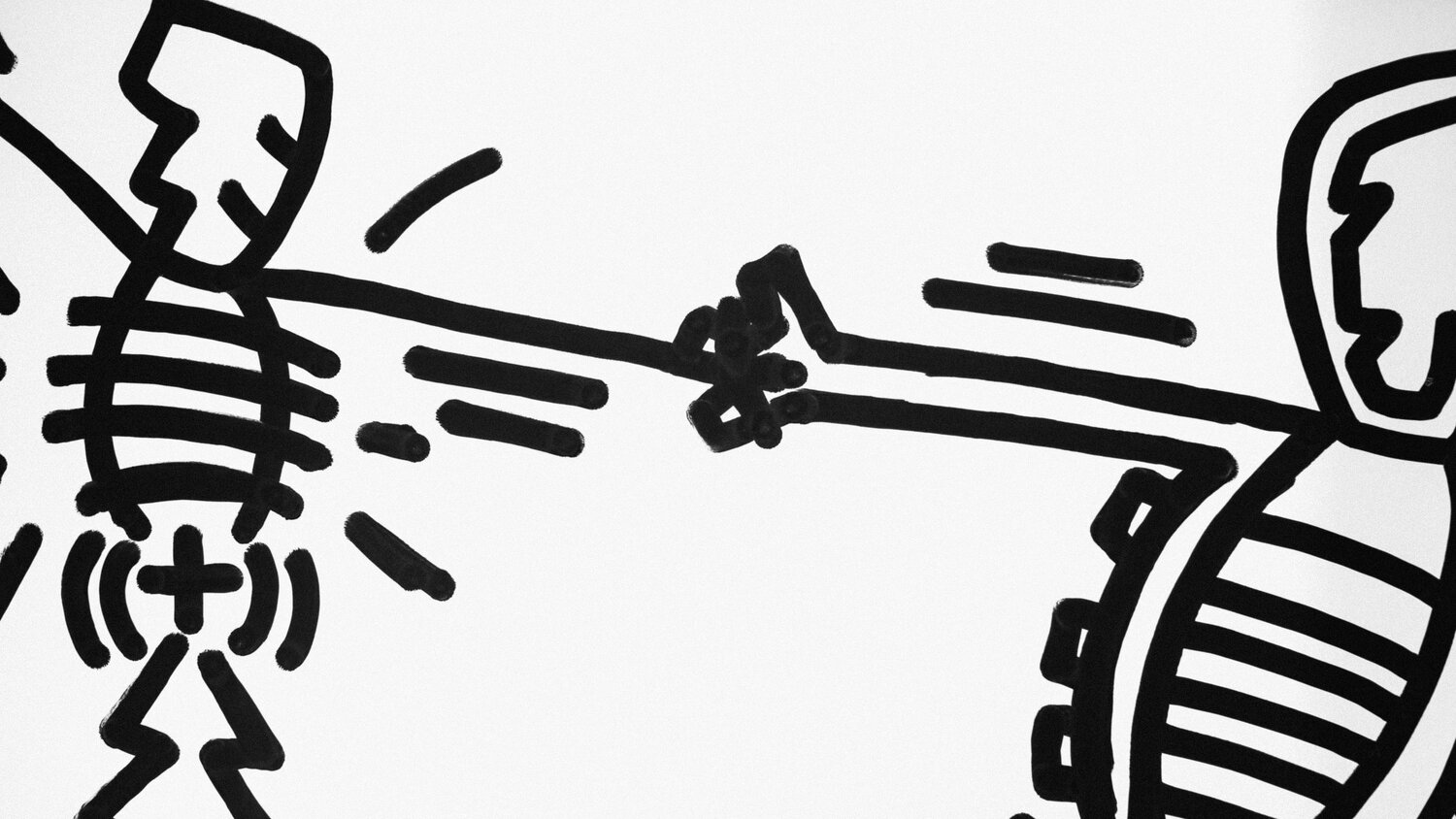**The next 18 days I'll be posting 500 words a day here as part of a creative writing challenge. Join the FB group. Trigger warning today: vaguely (albeit unintentionally) political post.**
It should come as no surprise that I got dismissed from jury duty.
It took one and three-quarters days of nerve-wracking inquisition from the judge and prosecuting attorney before replacing a few of us and starting the trial.
I knew I would make a horrible juror on this case for a few reasons. First, I hold two strong beliefs which affect my ability to be impartial. 1) I believe that institutional racism is a thing and that thing has led me to question the veracity of news reports and statements. That belief extends to how criminals are made. I question how one becomes so disconnected and disenfranchised to even be capable of murder. Which is not to say that I am incapable of believing someone to be guilty. But, 2) as a juror, you only control the verdict, not the sentencing. Fundamentally I couldn't stomach the possibility that the judge could potentially take a guilty verdict and apply a life sentence for a crime committed by a teenager. His life, even if it is all true, is fucked. And yes, so is the homeless man's who was savagely beaten, so the whole thing is just horrible.
Lastly--and this isn't so much a belief as just a fact--I have no stomach for violence. Partial list of culturally-significant series that I haven't seen on account of violence:
- GoT
- The Sopranos
- Breaking Bad
- Making of a Murderer
Inexplicably, in other words, hypocritically, I watched all five seasons of The Wire because the writing was incredible. In my own defense I fast-forwarded and/or turned my head through the scary parts.
Anyway, the process is such that juror questioning begins with the judge, moves to the defending attorney, and completes with the prosecuting attorney. The purpose is to ferret out those people who can't be fair, but I am convinced that we all have biases and they're likely more interested in people who pretend they don't. I had mentally committed that I wouldn't try to get out of jury duty. Rather I would answer honestly to any question, come what may.
When a judge or an attorney asks you a question and your answer is something they don't want to hear, the fun part is that you not only get to explain your answer, but you are also gaslighted for being honest. For example:
Judge: Would any of you be influenced by the knowledge that the defendant was 18 when the alleged crime occurred.
*raise hand*
Judge: Juror #10, why would you be influenced?
Me: Because that's just young and I don't control the sentencing, so I wouldn't want my decision to have an outcome that didn't feel just to me.
Judge: But you know that sentencing isn't your job, right? It's mine.
Me: I do.
*his countenance drops*
Judge: Can you set that aside and be fair?
Me: I guess so?
So when the prosecuting attorney wrapped up his questioning with a final, Is there anything we should know about your ability to serve?, I felt compelled to raise my hand:
DA: *to court reporter* Let the record show that Juror #10 raised her hand. *to me* Yes, Juror #10.
Me: Look, I'm certain you guys are tired of hearing from me, but this is my first time. I'm not sure how these things go, so I wanted to disclose that if part of the evidence requires me to view graphic images, then I can't do it. I am an empath and I don't even watch violent TV shows.
DA: *stares at me; unclear if it's disgust or incredulity* You know this isn't designed to hurt you, right? It's not personal?
Me: Yes. I get that it's not personal. I'm just telling you I don't want to wake up with nightmares of images I can't unsee.
DA: So you're saying you'll refuse to look?
Me: Correct.
Four others were dismissed along with me. In the end you pick up that if you question anything you'll get dismissed, but I didn't learn that before I had a near breakdown of guilt and what felt like trauma for reasons I can't explain.
A couple of days ago I googled the guy on trial. He was cleared of first degree, but convicted of second degree murder and sentenced to 15 years. The man who died was a 43-year old junior, which seems relevant.
*Here's a fun fact: "reasonable doubt" doesn't mean the absence of any doubt. It actually allows for doubt, but essentially you have to be able to get past that doubt, so the distinction is tenuous.
